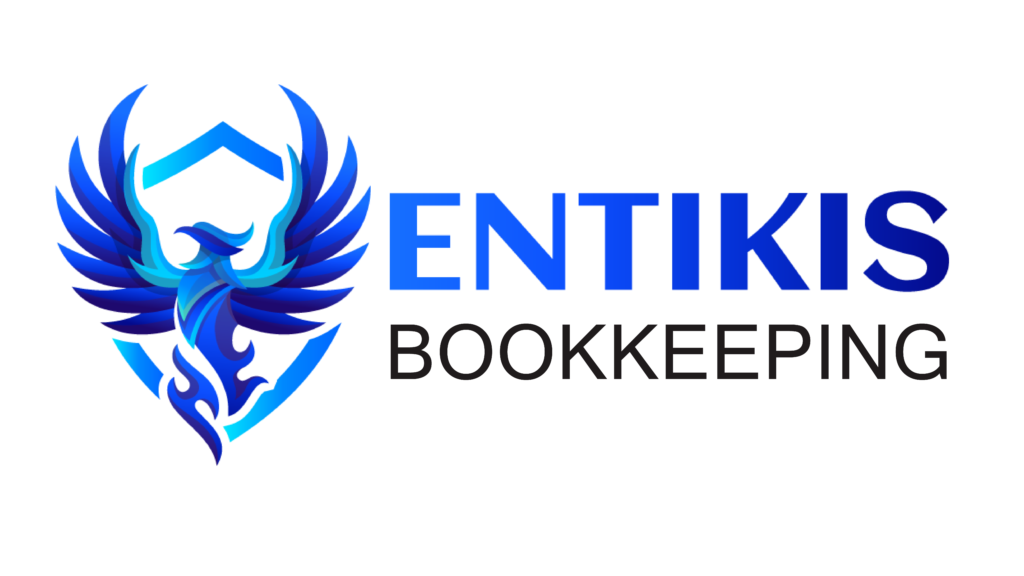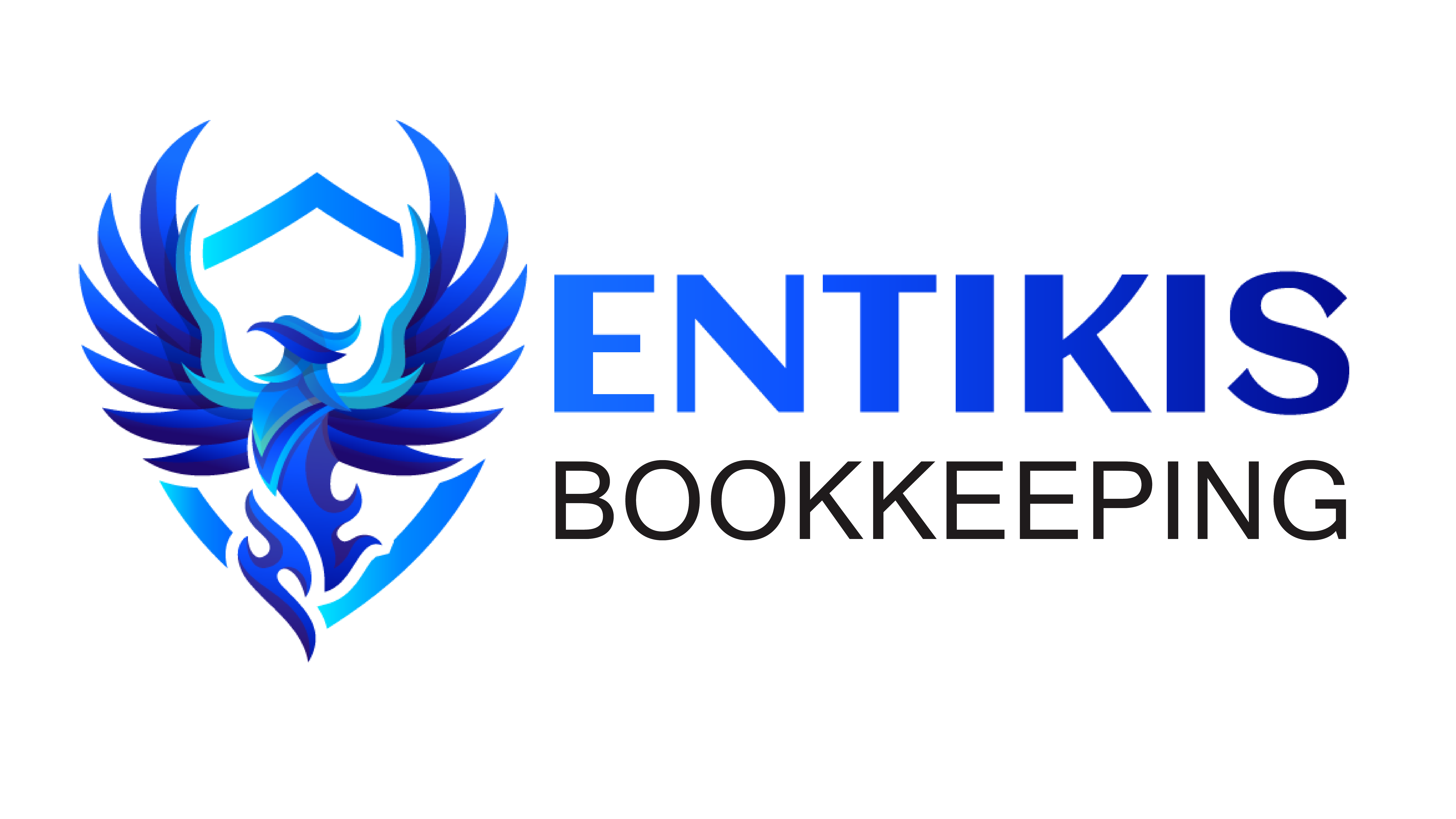Managing a company calls for juggling several obligations. Often, one of the most time-consuming chores is daily financial management. That’s why understanding It’s Time to Hire A Bookkeeper can transform your operations.
When should you bring in a professional to handle entries, payroll, and reconciliations instead of doing it yourself? This guide answers that, with practical advice backed by industry data and certifications.
Why It’s Time to Hire A Bookkeeper Matters
A 2022 SCORE study estimates that small business owners dedicate roughly 120 hours a year to bookkeeping. Based on IRS audit penalty statistics, financial record errors might cost up to $20,000 yearly. These figures illustrate why deciding to hire a bookkeeper becomes critical as your business expands.
Key Indicators: It’s Time To Book A Professional
Expense Tracking Becomes Overwhelming
As receipts and invoices accumulate, manual tracking becomes prone to errors. Bookkeepers use automated tools that reduce mistakes by 80%, per Zapier’s small business reports.
Cash Flow Worries, Late or Missed Payments
In 2023, 55% of businesses reported missing bill payments due to disorganized records. A bookkeeper manages receivables, predicts cash bottlenecks, and avoids late fees.
Tax Deadlines Blur & Compliance Issues
Maintaining current ledgers and payroll statements reduces audit risk and guarantees preparation for quarterly taxes, including IRS Form 941. Through groups like AIPB (American Institute of Professional Bookkeepers), certified bookkeepers monitor current tax rules throughout companies.
Business Growth & Complexity
Expanding into multiple locations, hiring staff, or adding inventory increases record-keeping demands. According to AIPB, businesses adding just one W‑2 employee benefit from a bookkeeper’s services.
You Lack the Time or Interest
The Bureau of Labor Statistics reports that small-business owners spend ⅓ of their week on administrative duties. If bookkeeping feels draining, that’s a strong clue that it’s Time to Hire A Bookkeeper.
How to Choose the Right Bookkeeper
Certifications & Compliance
Look for experts certified as Certified Bookkeepers (CB) by AIPB or Certified Public Bookkeepers (CPB). These certifications show current knowledge and skill.
Tech Stack Familiarity
Search for experience with accounting systems like QuickBooks, Xero, or Zoho Books. In 2024, 85% of small businesses used cloud accounting; aligning with this trend improves efficiency.
Pricing Models
Typical models include:
- Hourly: $30–$60/hr
- Monthly package: $500–$2,000, based on transaction volume
- Project-based: One-time clean-up fees range from $1,000–$5,000
Choosing the right model depends on your business stage and budget.
The Hiring Process
Assessment
Evaluate your current financial processes. How many transactions per month? Do you handle payroll? Is inventory tracked manually?
Discovery Meeting
Discuss workflow, financial software used, and access needs (e.g., bank feeds, invoicing). Professional bookkeepers often provide a free initial consultation.
Defining Scope & Responsibility
Set expectations: Are they reconciling accounts, designating categories, managing payroll, or preparing dashboards? Clear agreements prevent misunderstandings.
Data Access & Security
Bookkeepers should use secure platforms with encryption and role-based permissions. Ensure bookkeeping systems like QuickBooks Online are set up with proper user roles.
Benefits When It’s Time to Hire A Bookkeeper
Financial Clarity
Accurate financial statements become available monthly, allowing real-time decision-making.
Time Savings
Free up 5–10 hours weekly that were spent on data entry and reconciliation.
Reduced Errors & Penalties
According to an IRS report, proper bookkeeping cuts down penalties and interest charges by an average of $2,400 yearly for SMBs.
Scalable Systems
Bookkeepers help set up processes and templates that scale with your business, whether it’s adding payroll, inventory management, or multi‑location tracking.
Business Insights
They provide cash flow forecasts, budget variance reports, and KPI dashboards, contributing to data-driven decisions.
Common Misconceptions
“It’s too expensive.”
When measuring cost against time reclaimed and financial accuracy, hiring a bookkeeper often pays for itself. One case study reported an ROI of 300% within 12 months of hiring.
“I can do it myself.”
DIY bookkeeping may suffice initially. However, when you’re busy running operations, complex tasks like reconciling credit card charges, tracking sales tax, or payroll tax filings become challenging.
“I’ll wait until I’m bigger.”
Delaying can lead to backlogs that require extensive cleanup work, costing an additional $1,500–$5,000 and months of effort. Proactive hiring helps avoid this.
When It’s Time to Hire A Bookkeeper Milestone Guide
| Business Stage | Bookkeeping Need | Recommended Action |
| Startup (< 5 transactions/week) | Track income & expenses manually | DIY with cloud software (e.g., Wave, QuickBooks) |
| Early Growth (5–50 transactions/week) | Complexity increases, cash flow matters | Hire a part-time bookkeeper |
| Expansion (>50 transactions/week, payroll starts) | Legal and tax obligations rise | Hire a full-time/outsourced professional |
| Scale or Multi-location | Financial insight and forecasting are needed | Consider a finance team with a bookkeeper(s) |
Real‑World Example
Jamie owns a design agency handling 80 monthly invoices, 5 staff on payroll, and inventory for branded merchandise. Before hiring a CFO-level bookkeeper, Jamie spent 10 hours a week on finance. A professional cleaner-upper and monthly services costing $1,200/month returned an estimated 12 hours/week, prevented IRS late‐filing penalties (~$1,000/year), and created dashboards used to plan resource allocation.
This example highlights why it’s time to hire a bookkeeper when operational demands and compliance needs increase.
Onboarding & Collaboration Tips
- Grant controlled access to systems like QuickBooks Online, bank feeds, or payroll platforms.
- Set up weekly or monthly check‑in calls.
- Define the reports you need: balance sheet, P&L, cash flow, and receivables ageing.
- Request financial dashboards suitable for your needs.
- Maintain documentation (e.g., account codes, workflows).
- Review reports with a coach or accountant periodically for more profound insights.
The Bigger Picture
Deciding it’s time to hire a bookkeeper isn’t only about reducing workload. It’s about gaining reliability, clarity, and ongoing financial insight. Early professional engagement helps your company to be more compliant and ready for scalable expansion.
Frequently Asked Questions
How soon should I hire a bookkeeper?
Once bookkeeping becomes distracting or error-prone, that’s when it’s time to hire a bookkeeper. A helpful baseline is between 5 and 5–20 transactions a week or with payroll obligations.
Can a part-time bookkeeper handle payroll?
Yes, many do. If you have under 20 employees and run payroll every two weeks, an experienced bookkeeper should manage tax filings, benefits deductions, and payroll entries.
Is it worth outsourcing vs. hiring in-house?
Outsourcing saves on overhead and enables flexibility. In-house lets you have someone entrenched in a business context. Many businesses start with outsourced bookkeeping and scale to hybrid/in‑house setups.
Conclusion
It’s time to hire a bookkeeper when your financials start eating into your focus, business risks grow, or compliance becomes complex. A bookkeeper brings accuracy, efficient systems, and strategic clarity.
For small businesses and startups, the right time is often earlier than you think. Monitor your transaction volume, time spent on admin, and whether errors or cash issues are creeping in. When these areas grow, proactive hiring saves stress, money, and missteps down the line.





